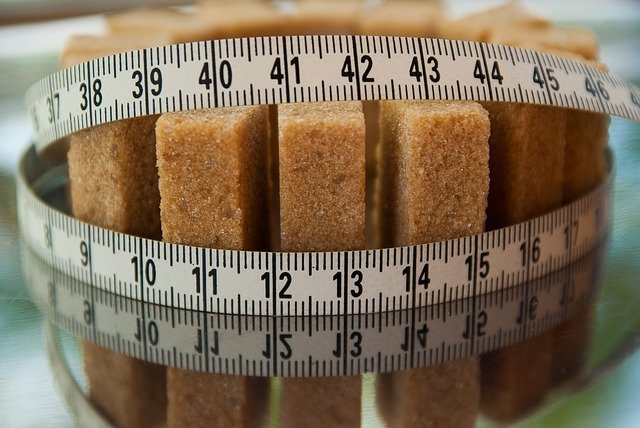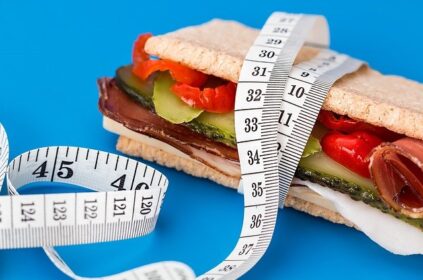In the nutritional sense, a “calorie” can come from any type of food. Fat, protein, carbohydrates, and sugars are all sources of calories. In the simplest terms, a calorie is a unit of energy and it’s what fuels our body. Without calories, our bodies would cease to function.
Storing & Burning Calories
The explanation of a calorie often leads people to a good question: If our body can’t function without calories, how do people survive a fast? The answer to that question provides great insight into the fat burning process.
When you eat on a daily basis, your body takes any excess calories that it doesn’t need to burn right away and puts them into storage. Calories can be stored in your liver, your muscles, and your fat cells. When your body is in a fasted state, which means you aren’t consuming any calories, it will begin to pull from these sources and consuming stored calories.
Obviously, the idea behind weight loss is that you want to create a calorie deficit, by eating less than you need, so that your body will have to go into the stored calories. The hope is that it will go into the fat cells and begin depleting them so that you begin to lose weight and look more toned. Unfortunately, our bodies don’t always work the way we want them to.
Depending on your diet, health, and the circumstances, your body will most likely go to your liver first and use up your stored glucose. Whether it opts for muscle or fat cells next will depend on your exercise routine and whether or not what you are eating is promoting the preservation of muscle mass.
How Big Is A Calorie?
Calories are defined by joules, which are units that physicist use to describe how much work is needed to force a newton through a meter. This is why calories are sometimes called “kilojoules” in Australia and abroad. Basically, a single calorie equals 4.18 joules. That scientific definition doesn’t do you much good, though.
Instead, you can better understand how big a calorie is by knowing that a single gram of protein is made up of 4 calories. So is a gram of carbohydrates. Meanwhile, a gram of fat has 9 calories in it.







